Computing
-
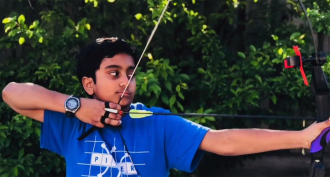 Computing
ComputingThese young researchers take aim at sports
Three Broadcom MASTERS finalists invented sports-related devices. They illustrate that young inventors can find inspiration anywhere, even at work and play.
By Sid Perkins -
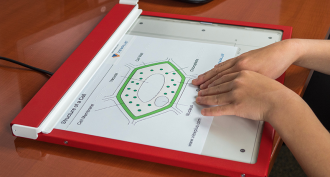 Computing
ComputingThis printer makes ‘visual’ aids for people with sight problems
A physicist’s vision loss was the inspiration to develop new printers. They create touch-to-read maps, charts and graphs. Some can even talk to blind users.
-
 Computing
ComputingNew apps match donated items with people in need
Two 2018 Broadcom MASTERS finalists developed apps to help match donors’ aid of food or disaster relief with the people who need these.
By Sid Perkins -
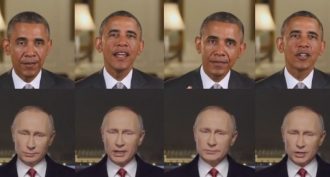 Computing
ComputingComputers can now make fool-the-eye fake videos
Hackers can now use computers to move facial expressions (and more) from someone in one video to a person in another. The results look totally real, ushering in a whole new type of fakery.
-
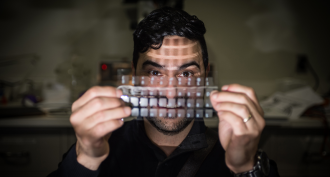 Computing
ComputingWhat powers these electronics? We do!
Active people may end up becoming the 'fuel' for their electronics. Engineers are developing ways to harness the body’s motions to power the many devicess on which we now depend.
-
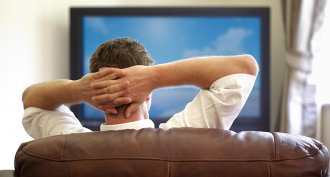 Computing
ComputingNew tech helps deaf-blind people ‘watch’ TV
An innovative system can let deaf-blind people “watch” television in real time without needing someone right there to interpret for them.
-
 Computing
ComputingIncognito browsing is not as private as most people think
You may think you’re going deep undercover when you set your web browser to incognito. But you’d likely be mistaken, a new study finds.
-
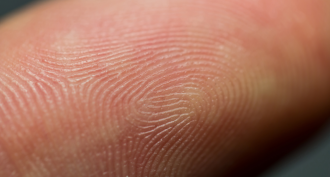 Computing
ComputingFingerprints could help keep kids from dangerous websites
A teen develops a program that estimates age based on someone’s fingers
-
 Computing
ComputingComputers mine online reviews for signs of food poisoning
Health officials are getting help in identifying restaurant goers who got food poisoning by teaching computers to scout social-media posts for signs of illness.
-
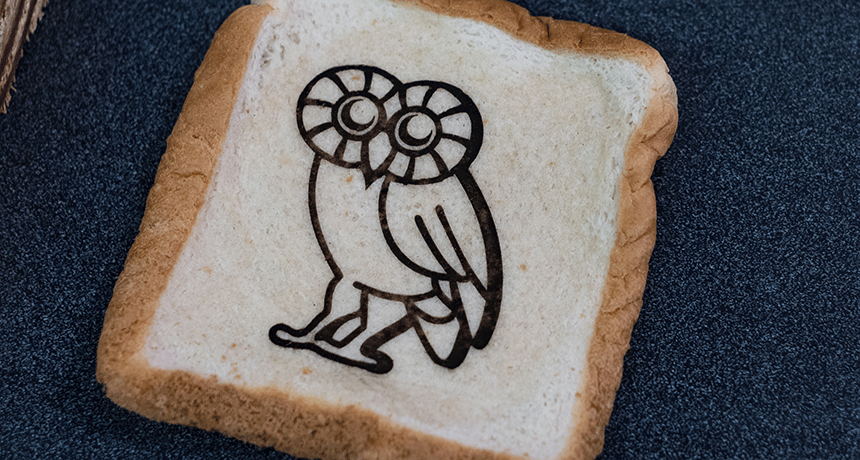 Materials Science
Materials ScienceZap! Laser tattoos could create electronics to eat or wear
Lasers can tattoo a nontoxic form of carbon onto everyday items. This one day could lead to wearable — even edible — electronics.
-
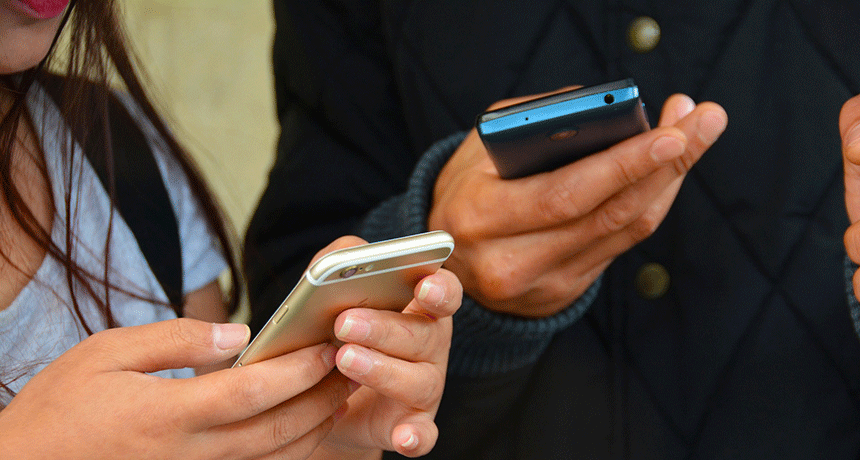 Science & Society
Science & SocietyOn Twitter, fake news has greater allure than truth does
In the Twittersphere, fake news gets more views than real stories, based on an analysis of more than 4.5 million tweets.
-
 Computing
ComputingScientists Say: Ampere
An ampere is a unit of electric current. It’s a base unit, meaning it’s one on which all electrical calculations are based.